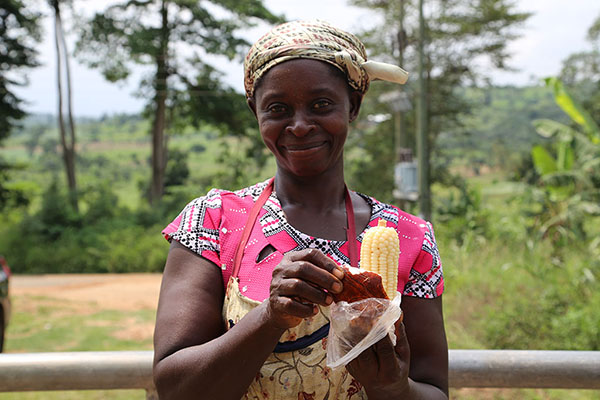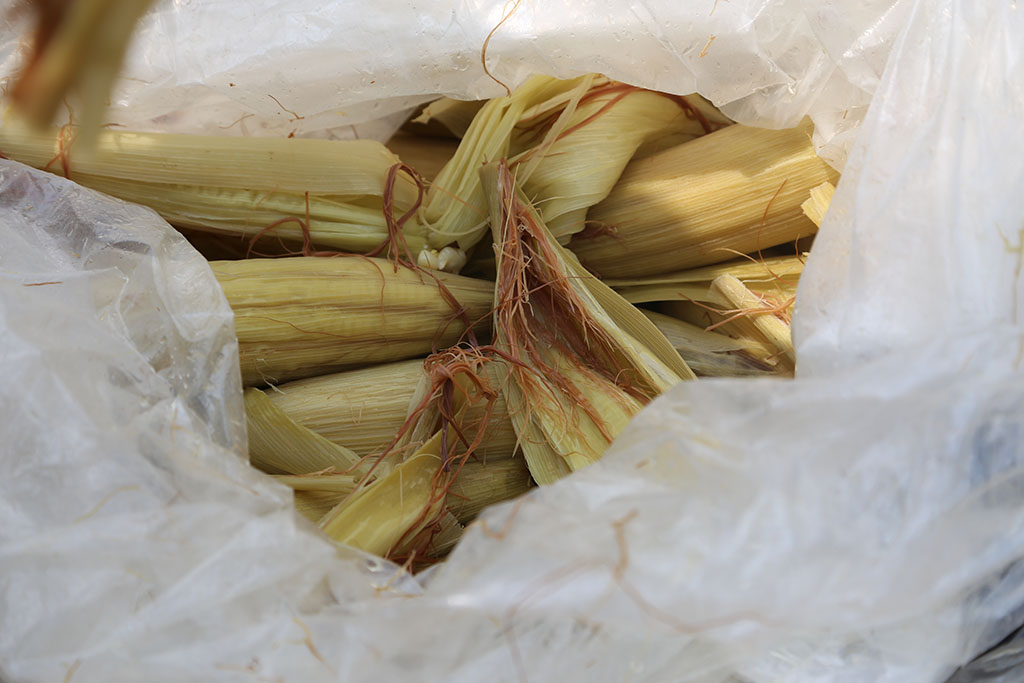NSIA Bank: loans for sustainable and cooperative agriculture in Africa
1,016 people employed by NSIA and 50% of them are women


The African Agriculture and Trade Investment Fund (AATIF) is an international fund launched by, among others, the European Commission and the German Federal Ministry for Economic Cooperation and Development.
Its mission is to enhance agricultural production and service provision in impoverished contexts in Africa. It finances initiatives to provide equitable employment and income for farmers, entrepreneurs and workers; to increase productivity, production and local added value; and to enhance knowledge transfer.
NSIA Bank
AATIF has taken out a €17.5 million senior credit line with NSIA – Banque Côte d’Ivoire (“NSIA”), one of Côte d’Ivoire’s leading commercial banks. The loan to NSIA will support agricultural campaigns in countries such as Senegal, Côte d’Ivoire, Burkina Faso, Guinea-Bissau, Mali and Niger. In addition to the initial disbursement of the AATIF loan, the bank received additional funding from Proparco that will be applied to small and medium-sized enterprises in Côte d’Ivoire.
The NSIA group works mainly in West Africa and operates in 12 countries – Togo, Benin, Burkina Faso, Côte d’Ivoire, Gabon, Guinea, Guinea-Bissau, Mali, Mauritania, Niger, Chad and Senegal – and four currency areas (West African Economic and Monetary Union, Central African Economic and Monetary Community, Guinea and Mauritania).
Social and Environmental Management System
In 2019 NSIA approved the Social and Environmental Management System, thanks to the hiring of a supervisor, a consultant and an employee with expertise in social and environmental issues. The bank received technical assistance from the AATIF to train and educate staff on this new system.
The individual training started in September 2019 and was successfully completed in February 2020. The system implementation was accompanied by bank-wide training sessions and the development of associated tools to be used by different departments. As a result, the bank has improved its credit assessment process by adding social and environmental criteria at all stages of lending.

